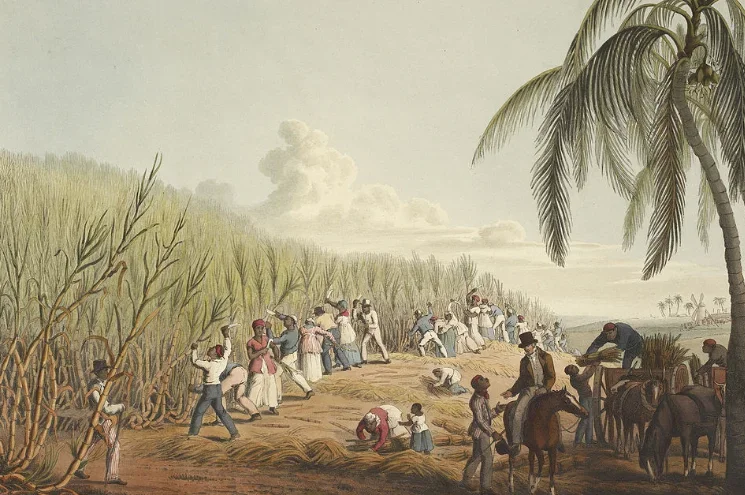
Haitian Revolution
The Haitian Revolution: Freedom for the First Black Republic
Imagine being told that you must work every day from sunrise to sunset, without pay, and that someone else owns you. This was the reality for hundreds of thousands of people in the French colony of Saint-Domingue, now called Haiti, in the late 1700s. But the people there dreamed of freedom. Their courage and determination led to one of the most powerful revolutions in history: The Haitian Revolution.
A Land of Sugar and Suffering
Saint-Domingue was one of the richest colonies in the world. Its farms produced sugar, coffee, and other goods that made France very wealthy. But all this work was done by enslaved Africans, who were forced to labor under terrible conditions. They had no rights, no pay, and often faced cruel punishment.
Even though enslaved people made up most of the population, they were treated as property, not as human beings. But whispers of change were spreading across the world. The American Revolution (1776) and the French Revolution (1789) had already shown that people could rise up to demand liberty and equality. The people of Saint-Domingue began to wonder, “why not us, too?”
“For too long we have borne your chains without thinking of shaking them off, but any authority which is not founded on virtue and humanity, and which only tends to subject one's fellow man to slavery, must come to an end, and that end is yours.”
— Toussaint Louverture
Toussaint Louverture: The Brave Leader
In 1791, the enslaved people of Saint-Domingue began to fight back. Villages and plantations erupted in rebellion. Leading the movement was a remarkable man named Toussaint Louverture.
Toussaint had once been enslaved himself, but he was intelligent, brave, and determined. He studied military tactics and leadership, and soon became the leader of the revolutionary army. He fought to end slavery and create a free society where everyone could live with dignity.
Under Toussaint’s leadership, the rebels defeated not only the French, but also powerful armies from Spain and Britain who tried to take control of the island. His brilliant strategy and courage earned him the nickname “The Black Napoleon.”
A Hard-Won Victory
Even after Toussaint was captured and sent to prison in France in 1802, the fight for freedom continued. Other strong leaders, including Jean-Jacques Dessalines, carried on the struggle. Finally, in 1804, the revolution succeeded.
Haiti declared its independence, the first free Black republic in the world and the second independent nation in the Americas, after the United States. Slavery was abolished forever. The victory was celebrated not only in Haiti but also by enslaved people and abolitionists across the globe.
Though Haiti faced many challenges after independence, the Haitian Revolution remains a powerful symbol of courage, equality, and the fight for human rights. It showed the world that freedom is worth fighting for, no matter the cost.



